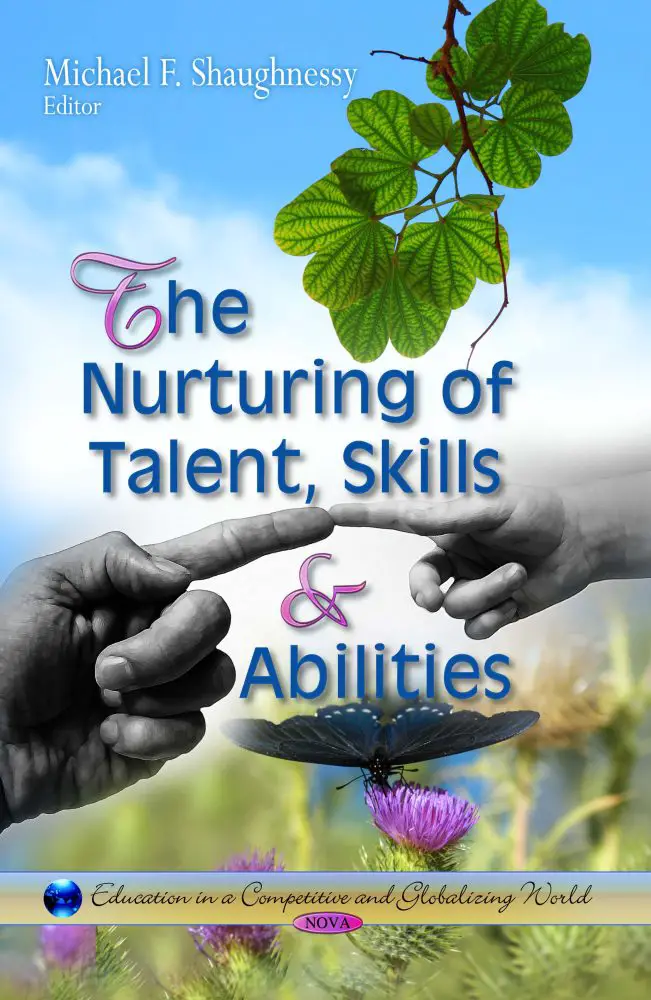Nurturing AI Talent: Education and Training for a New Era

Executive Summary

The rapid advancement of artificial intelligence (AI) is creating a growing demand for skilled AI professionals. To meet this demand, it is crucial to invest in education and training programs that can develop the next generation of AI talent. This article explores the key subtopics involved in nurturing AI talent, providing a comprehensive understanding of the educational and training landscape for this in-demand field.

Introduction
Artificial intelligence has emerged as a transformative force, revolutionizing various industries and shaping the future of technology. As AI continues to evolve, the need for individuals with the expertise to develop, deploy, and manage AI systems has become paramount. This article delves into the essential strategies for fostering AI talent, highlighting the significance of education and training in shaping a skilled and future-ready workforce.
Frequently Asked Questions
Q: Why is it essential to nurture AI talent?
A: The rapid adoption of AI across industries has created a high demand for skilled professionals who can drive innovation and handle the complexities of AI systems.
Q: What are the challenges in developing AI talent?
A: The interdisciplinary nature of AI, the shortage of qualified educators, and the rapidly evolving technology landscape pose challenges in nurturing AI talent.
Q: What is the role of industry collaboration in AI education and training?
A: Partnerships between educational institutions and industry leaders are crucial for aligning curriculum with industry needs, providing hands-on experiences, and facilitating research collaborations.
Key Subtopics for Nurturing AI Talent
Education
Education is the cornerstone of developing AI talent. Universities and colleges should offer specialized AI programs at undergraduate and graduate levels, equipping students with the foundational knowledge and skills in AI principles, algorithms, data science, and machine learning.
- Core Concepts: Introduction to AI, AI algorithms, data structures, and programming languages
- Machine Learning: Supervised and unsupervised learning, feature engineering, and model evaluation
- Deep Learning: Neural networks, convolutional neural networks, and recurrent neural networks
- Natural Language Processing: Text mining, machine translation, and sentiment analysis
- Computer Vision: Image recognition, object detection, and video analysis
Training
In addition to formal education, training programs play a vital role in nurturing AI talent. Companies should provide specialized training courses to enhance the skills of existing employees, facilitate knowledge transfer, and keep up with the latest advancements in AI.
- Hands-on Projects: Practical experience in developing and implementing AI solutions
- Mentorship and Guidance: Access to experienced AI experts for support and advice
- Industry Certification: Validation of skills and knowledge through industry-recognized certifications
- Research and Innovation: Encouragement and support for employees to engage in AI research and contribute to the field’s advancement
- Continuous Learning: Access to resources and opportunities for ongoing professional development
Upskilling and Reskilling
With the rapidly changing AI landscape, it is essential to prioritize upskilling and reskilling initiatives. Individuals currently working in non-AI roles can leverage these programs to acquire the necessary skills and transition into AI-related fields.
- Bootcamps: Intensive programs that provide a comprehensive introduction to AI and its applications
- Online Courses: Flexible learning options that allow individuals to upskill at their own pace
- Workshops and Seminars: Short-term events that focus on specific AI topics or industry trends
- Government Initiatives: Public programs and funding opportunities to support upskilling and reskilling initiatives
- Company-Sponsored Training: Employers can offer tuition assistance or dedicated training programs for employees seeking to enhance their AI skills
Diversity and Inclusion
To foster a truly inclusive AI workforce, it is imperative to prioritize diversity and inclusion in AI education and training programs. This involves outreach to underrepresented groups, scholarships and financial assistance, and initiatives to promote a welcoming and equitable learning environment for all aspiring AI professionals.
- Outreach and Mentorship: Engaging with underrepresented communities and providing mentorship opportunities to encourage participation in AI
- Financial Assistance: Scholarships, grants, and financial aid to remove financial barriers and increase accessibility to AI education
- Inclusive Learning Environments: Creating a supportive and inclusive learning culture where individuals from all backgrounds feel welcome and valued
- Industry Collaboration: Partnering with industry leaders to promote diversity in hiring practices and foster inclusive AI development teams
- Research on Bias: Encouraging research to address bias in AI systems and promote fair and unbiased AI applications
Conclusion
Nurturing AI talent is a multi-faceted endeavor that requires a comprehensive approach encompassing education, training, upskilling, and diversity initiatives. By investing in the development of AI professionals, we can unlock the full potential of this transformative technology and shape a future where AI serves as a catalyst for progress and innovation.
Keyword Tags
- Artificial Intelligence Education
- AI Training
- Upskilling and Reskilling in AI
- Diversity in AI
- AI Workforce Development
